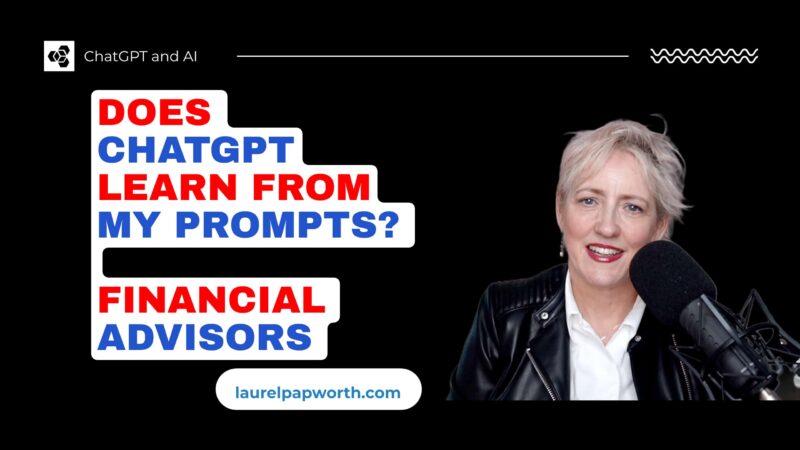Understanding ChatGPT’s Stateless Architecture: Does It Retain User Prompts?

Curious about whether ChatGPT learns from your prompts? Let’s delve into this popular topic and clarify how this AI technology really functions.
Does ChatGPT Retain Your Prompts?
The straightforward answer is no; ChatGPT does not retain the prompts you enter. Each interaction you have with the AI is contained within its own chat thread, which operates independently of others. This stateless architecture means that when you start a new session, the AI has no memory of previous conversations or any information shared in them. Essentially, every chat is a fresh start.
Understanding Stateless Architecture
To put it simply, think of each chat thread as a separate portfolio for individual clients. When you initiate a new chat, it creates a unique instance without any crossover between previous threads. Once the conversation ends, any information from that interaction is not stored or remembered. This design serves to protect sensitive data, particularly important for professionals in fields like finance who may handle confidential information.
What About Learning and Fine-Tuning?
It’s crucial to distinguish between the concepts of learning and fine-tuning in this context. ChatGPT is pre-trained on a diverse dataset up until 2021, meaning it does not learn from the prompts you provide in real-time. Instead, it generates responses based on its existing training. Fine-tuning refers to adjustments made to enhance performance but does not involve ingesting user prompts for future reference.
Implications for Financial Advisors
For financial planners and advisors, this stateless nature of ChatGPT alleviates concerns about sensitive client information being remembered or misused. When you engage with ChatGPT, it is akin to using a passive investment fund that operates on established rules without adapting to new inputs. It simply executes predetermined responses based on its training data.
The Role of Third-Party Tools: Wrappers
While ChatGPT itself does not retain information, third-party tools, often referred to as “wrappers,” can enhance its functionality. These wrappers allow for the retention of information across sessions, such as remembering past conversations and financial goals with clients. However, this added capability comes with responsibilities, especially regarding data protection compliance.
Future Trends in AI and Financial Consulting
As we look ahead, the integration of wrappers and AI agents will likely shape the landscape of financial consulting. Imagine using a virtual consultation tool that remembers client-specific queries, such as tax-efficient investment strategies. While the core AI remains stateless, wrappers provide a more personalized experience, making client interactions richer and more effective.
Compliance and Data Protection
With the rise of these advanced tools, ensuring compliance with data protection regulations becomes crucial. Financial advisors must proceed with caution when utilizing wrappers, especially when handling sensitive information. Understanding how these tools operate and their implications for data privacy will be essential for maintaining client trust.
In summary, while ChatGPT itself is designed to be stateless and does not learn from individual prompts, the use of additional tools can create a more customized experience. As technology advances, the focus on compliance and data integrity will continue to be paramount, particularly in fields that manage sensitive information.


